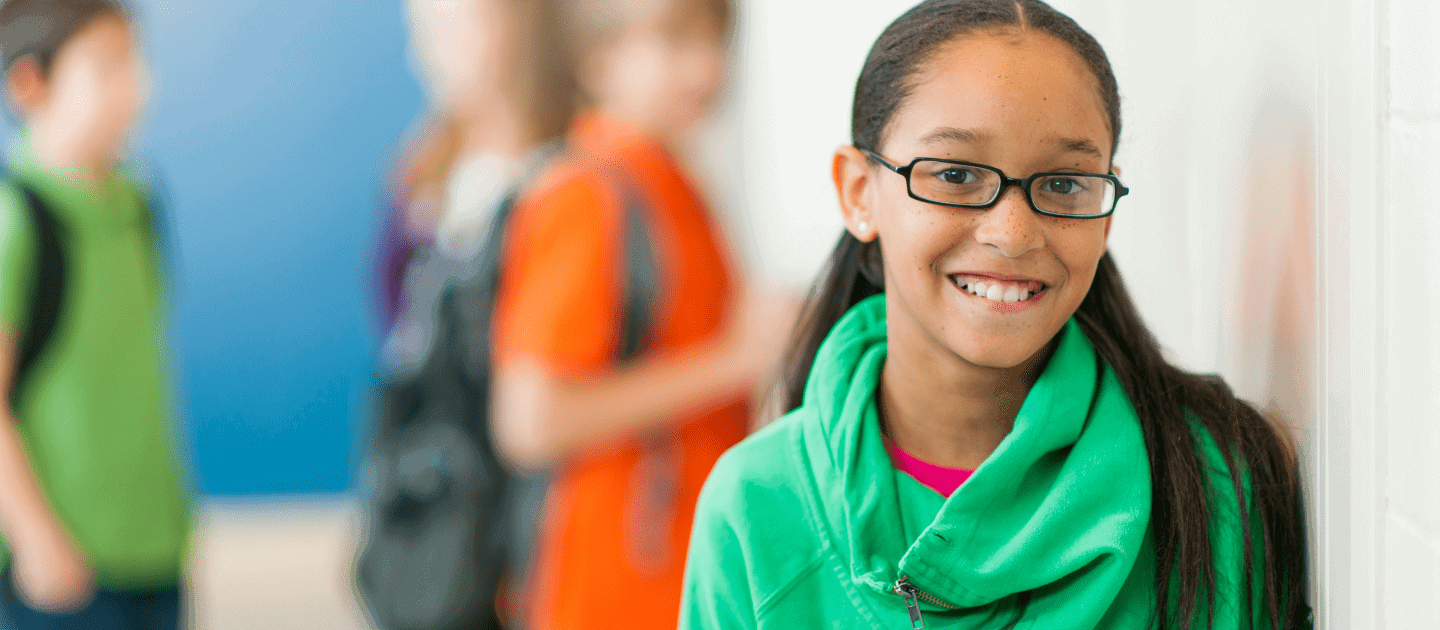
Representation, Community, and Disability Identity: A Call to Action
Mueller illuminates key gaps in the present educational system that inhibits disability identity development.
The MARIO Framework® pedagogy is founded on what science has revealed about learning – including
disciplines concerning the whole person and the ways we gain mastery.
MARIO Education focuses on what matters most: improving the quality of school relationships through impactful student-teacher conversations.
Targeted 1:1 conversations every class period led to significant academic gains. Students who participated in our intervention showed notably higher GPAs in core subjects compared to peers in control groups, demonstrating the real impact of meaningful connection.
Director of Scientific Affairs at Boston Strategic Partners

Author & Founder of Novak Education

Co-Founder & CEO of MARIO Education
These academic researchers support our mission to help bridge the gap between educational researchers and practitioners. Together with MARIO, they are committed to empowering and inspiring more educators to become teacher-researchers.
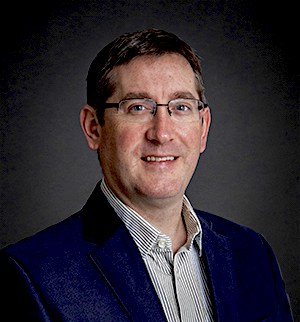
Ball State University
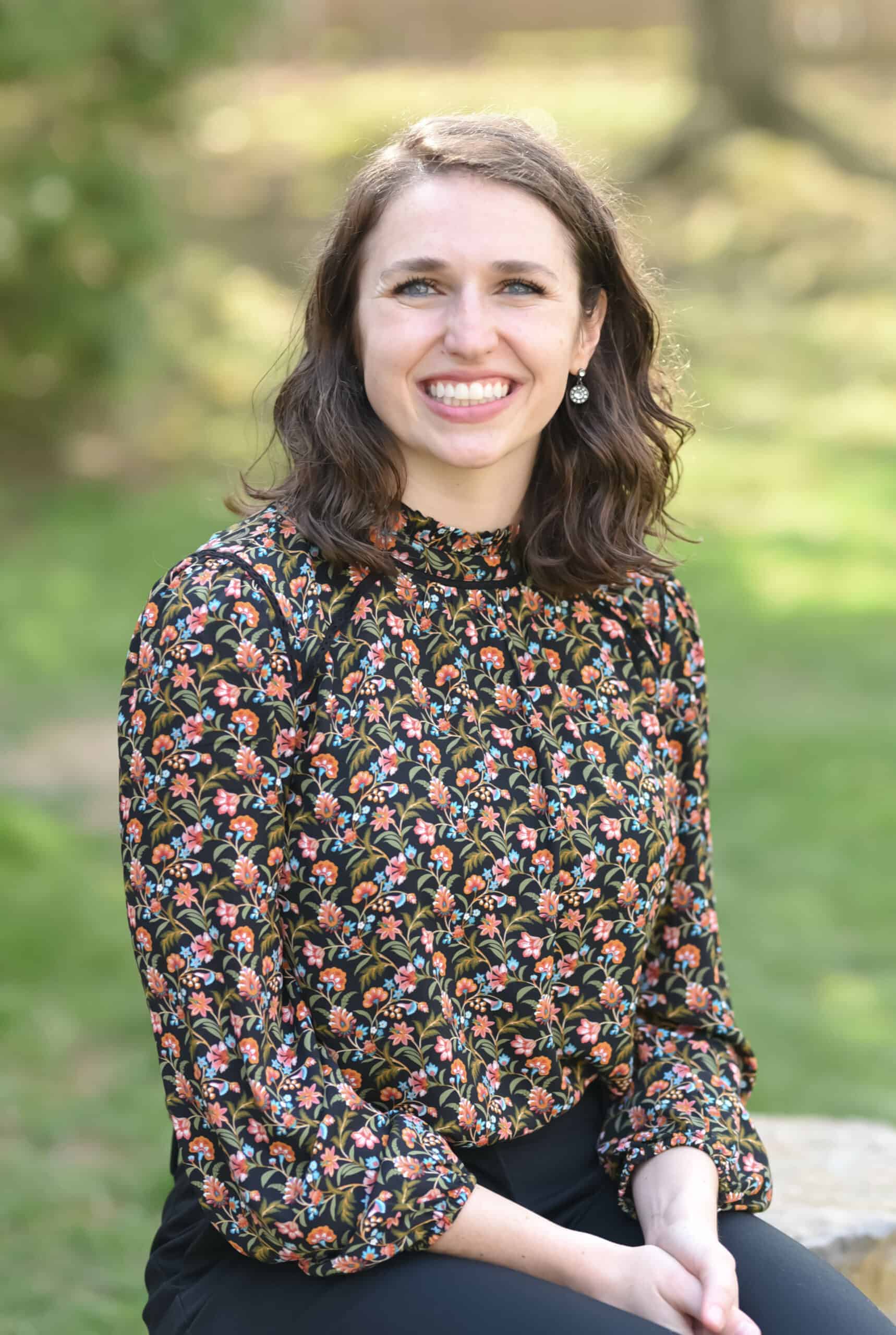
Penn State University
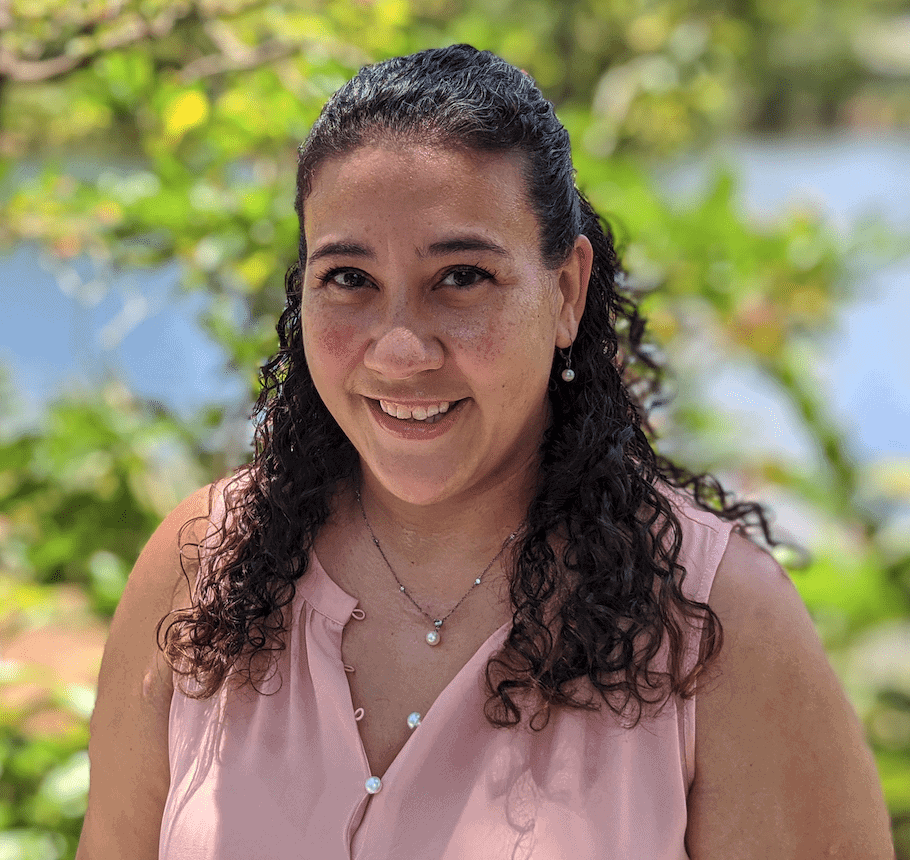
Growing Minds Consulting, LLC

Practical Psychological Services
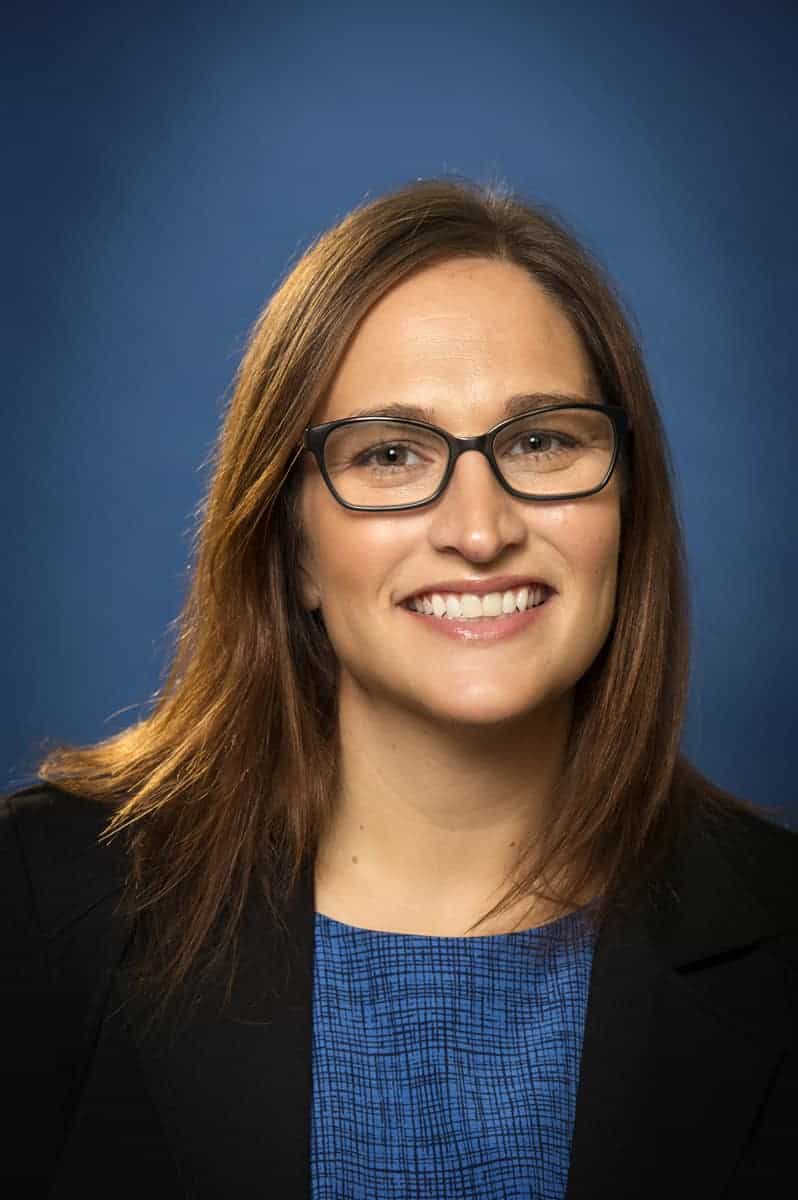
University of Colorado, Colorado Springs
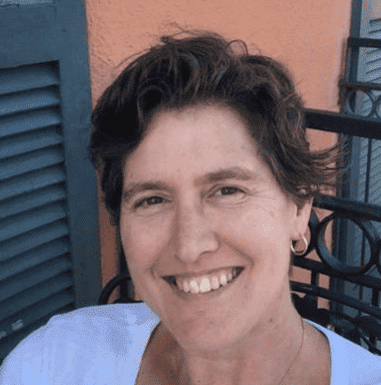
University of Houston-Clear Lake

Penn State University

University of Winchester

Practical Psychological Services
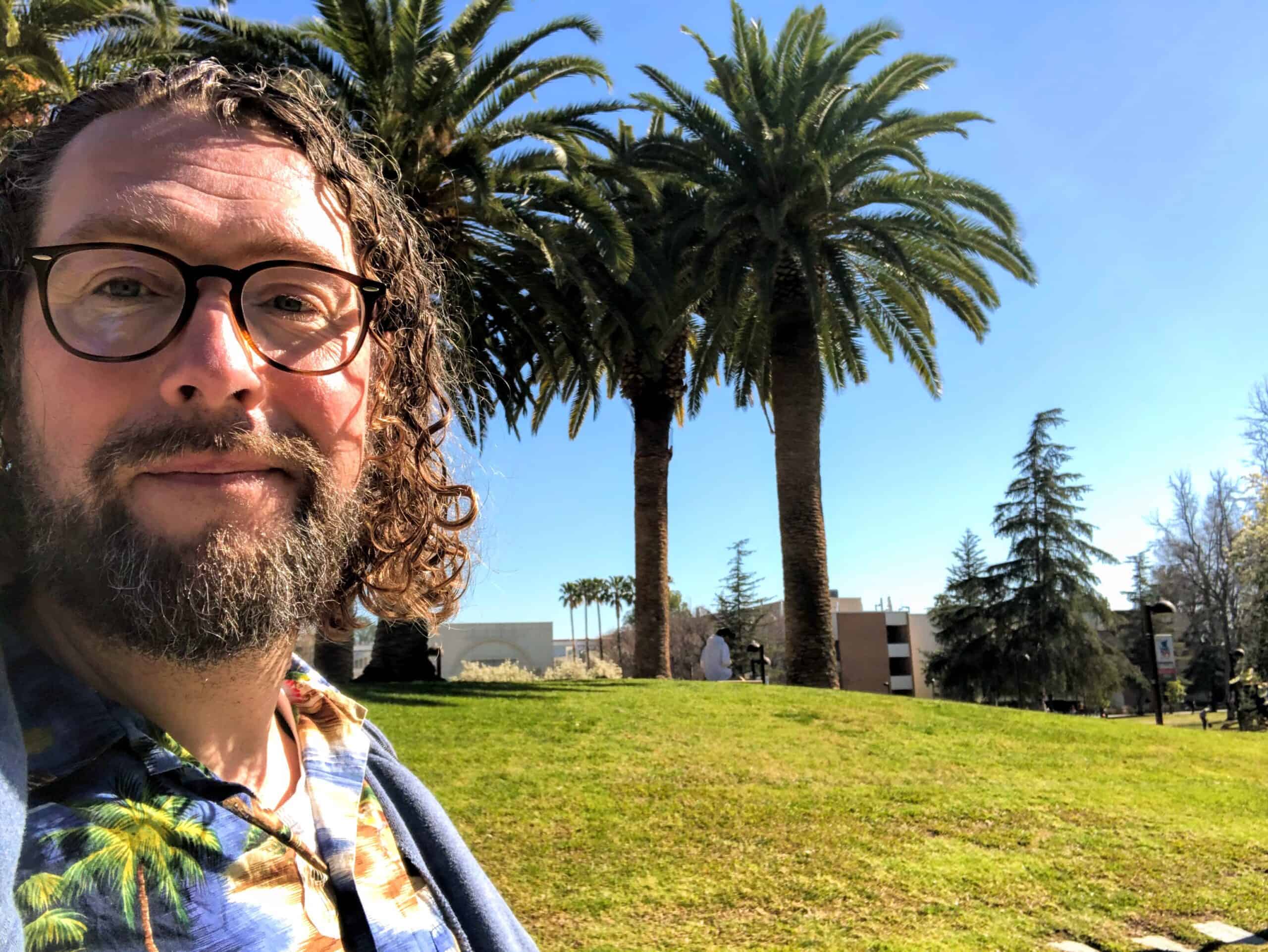
Kristianstad University, Faculty of Education

University of Houston-Clear Lake

Malmö University

University of Winchester

Linneaus University

Kristianstad University, Faculty of Education
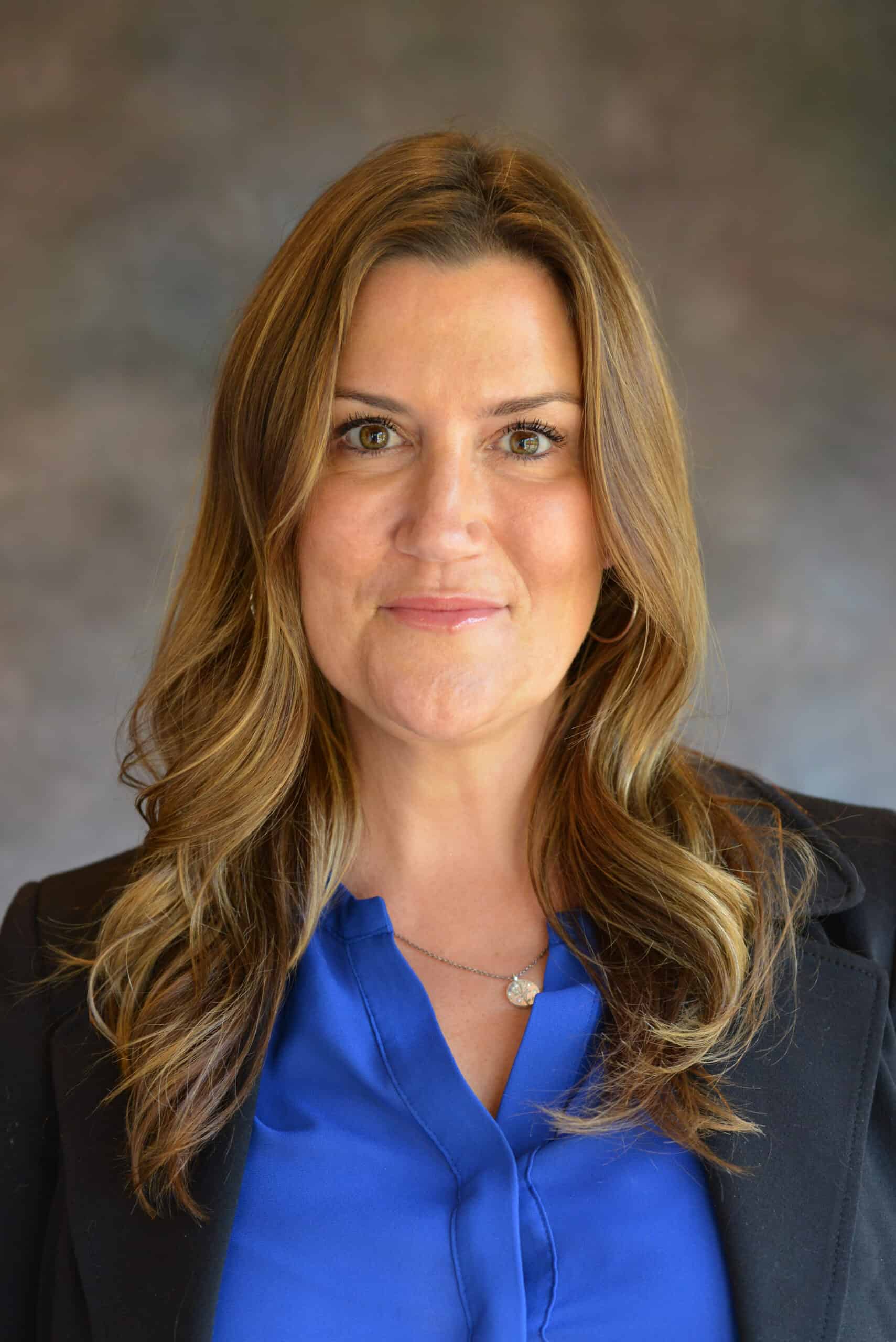
Point Loma Nazarene University

Malmö University
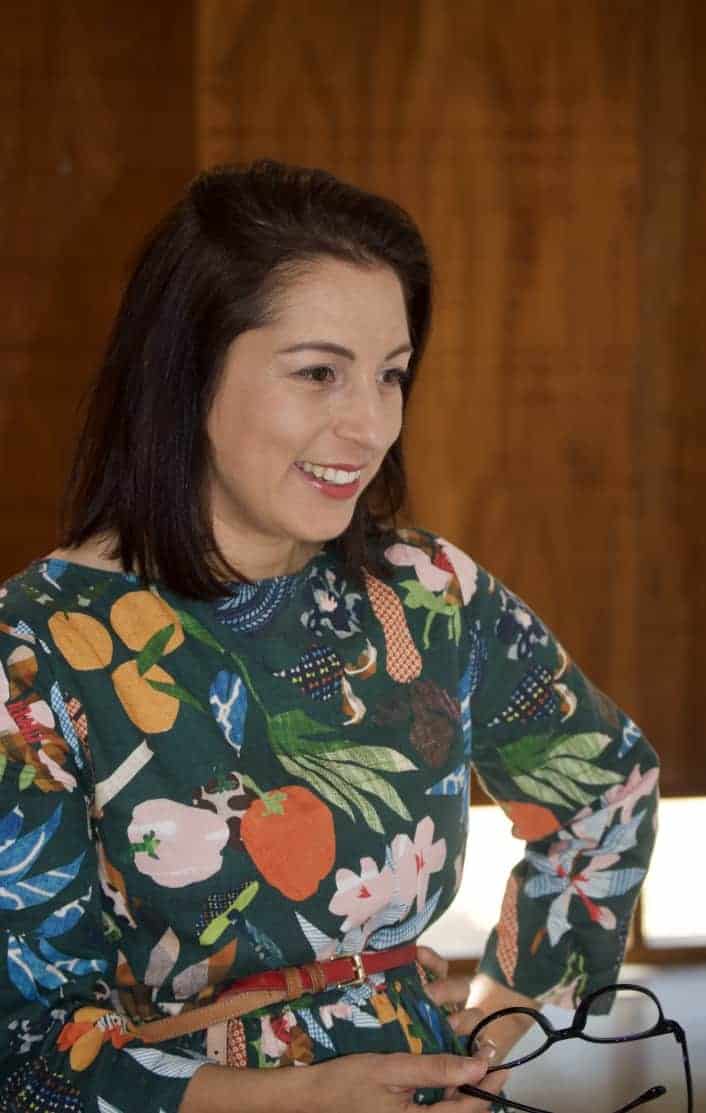
Monash University
We understand that educators are pressed for time. To help, our team reviews recently published studies on a monthly basis and posts key findings and potenti

Mueller illuminates key gaps in the present educational system that inhibits disability identity development.

It is imperative that transitions and plans for learners who are diagnosed with autism and needing additional services are put in place in order for them to experience success and independence in their adult years.

The authors identify that child characteristics, including gender, the ability to self-regulate, and language competence, impact teacher-child relationships.

Effective PD should be sustained over time, involve coaching or collaborative communities, and include specialized and role-specific content.
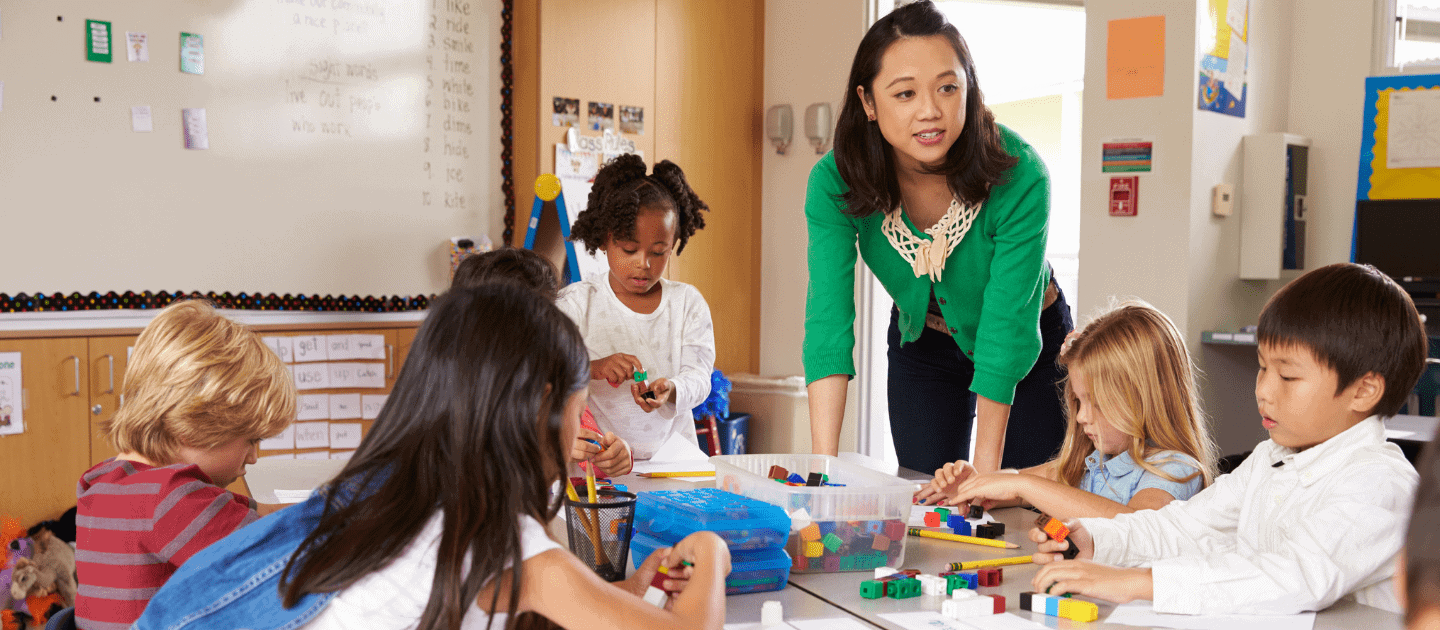
Social, emotional, and behavioural skills must be explicitly taught, just like academic skills, to create effective learning environments where all students can thrive both academically and socially.

Research has indicated that parental training and coaching programmes can be effectively translated into the student’s natural environment.

Prevailing research on the experiences and learning outcomes of typically developing peers in inclusive settings present more questions than answers.

Moving towards learner-centered instruction, well-designed online teaching should encourage students to remain motivated and engaged by providing diverse, collaborative learning activities and creating a space where students are empowered to take control over their own learning.

School climate is a critical component for successful school outcomes. The type of engagement occurring between students, faculty, and the community, the level of safety, and environmental factors all affect school climate.
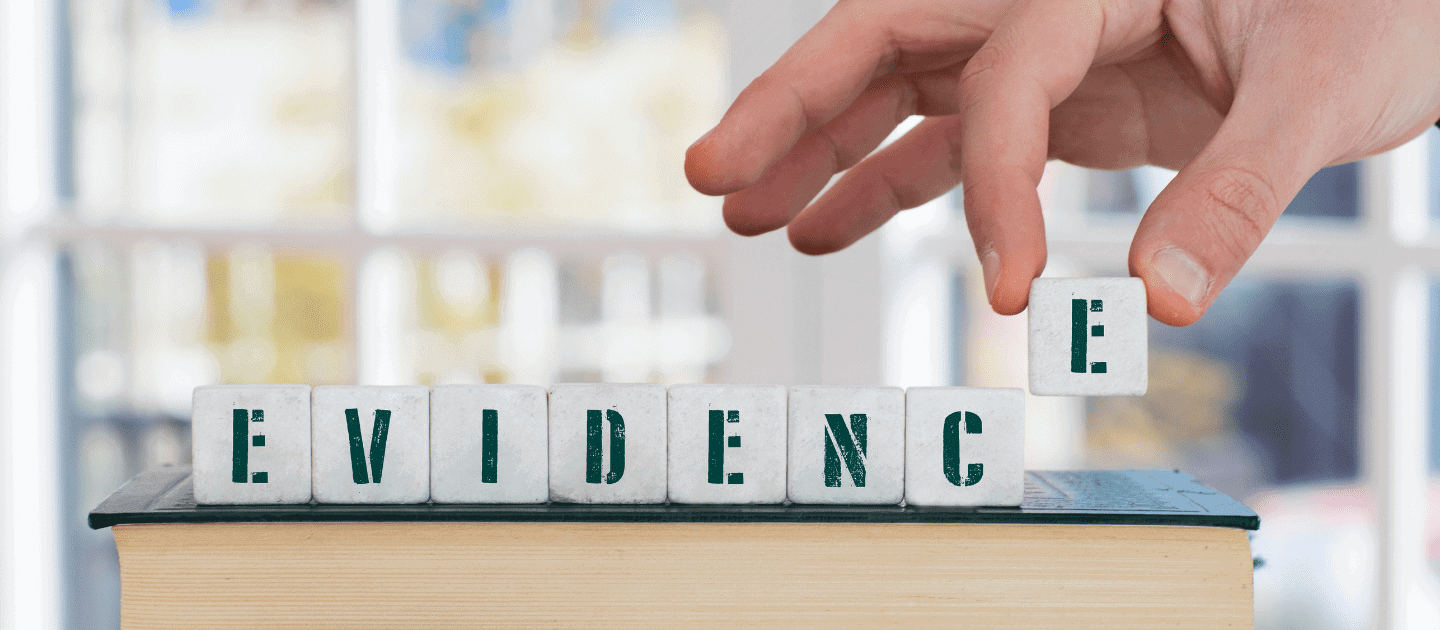
Bringing clarity to how we ascertain veracity can support our ability to identify high-quality interventions.

Mueller illuminates key gaps in the present educational system that inhibits disability identity development.

It is imperative that transitions and plans for learners who are diagnosed with autism and needing additional services are put in place in order for them to experience success and independence in their adult years.

The authors identify that child characteristics, including gender, the ability to self-regulate, and language competence, impact teacher-child relationships.

Effective PD should be sustained over time, involve coaching or collaborative communities, and include specialized and role-specific content.

Social, emotional, and behavioural skills must be explicitly taught, just like academic skills, to create effective learning environments where all students can thrive both academically and socially.

Research has indicated that parental training and coaching programmes can be effectively translated into the student’s natural environment.

Prevailing research on the experiences and learning outcomes of typically developing peers in inclusive settings present more questions than answers.

Moving towards learner-centered instruction, well-designed online teaching should encourage students to remain motivated and engaged by providing diverse, collaborative learning activities and creating a space where students are empowered to take control over their own learning.

School climate is a critical component for successful school outcomes. The type of engagement occurring between students, faculty, and the community, the level of safety, and environmental factors all affect school climate.

Bringing clarity to how we ascertain veracity can support our ability to identify high-quality interventions.
© 2019-2025 MARIO Framework®, LLC, All Rights Reserved
MARIO Framework, LLC dba MARIO Education, info@marioeducation.com 8 The Green, STE 16162, Dover DE 19901, United States, +1-302-490-0946